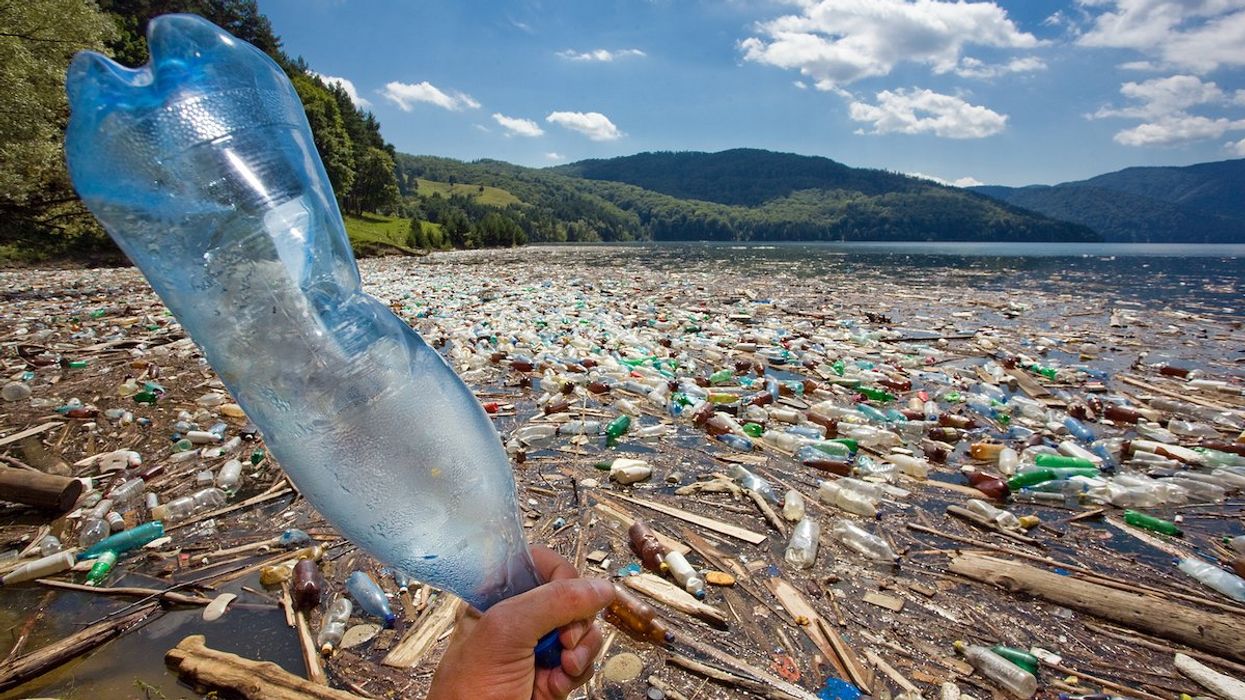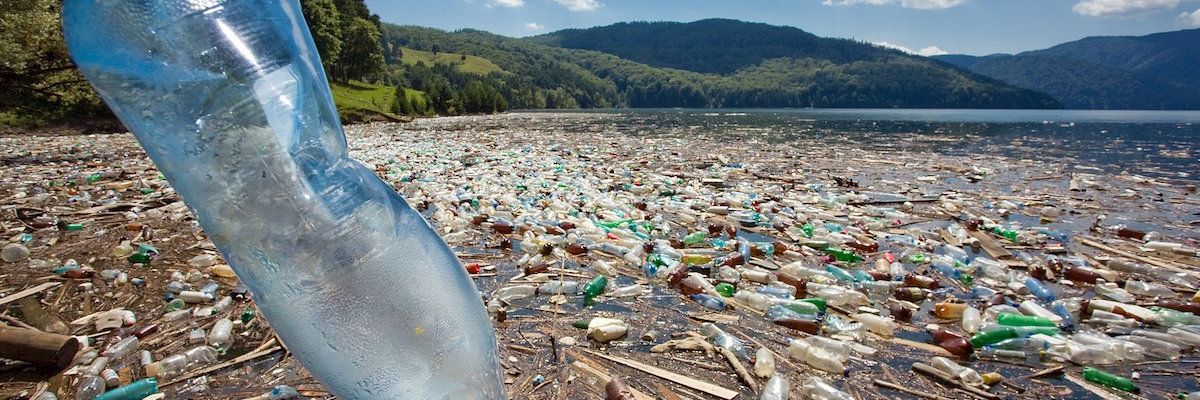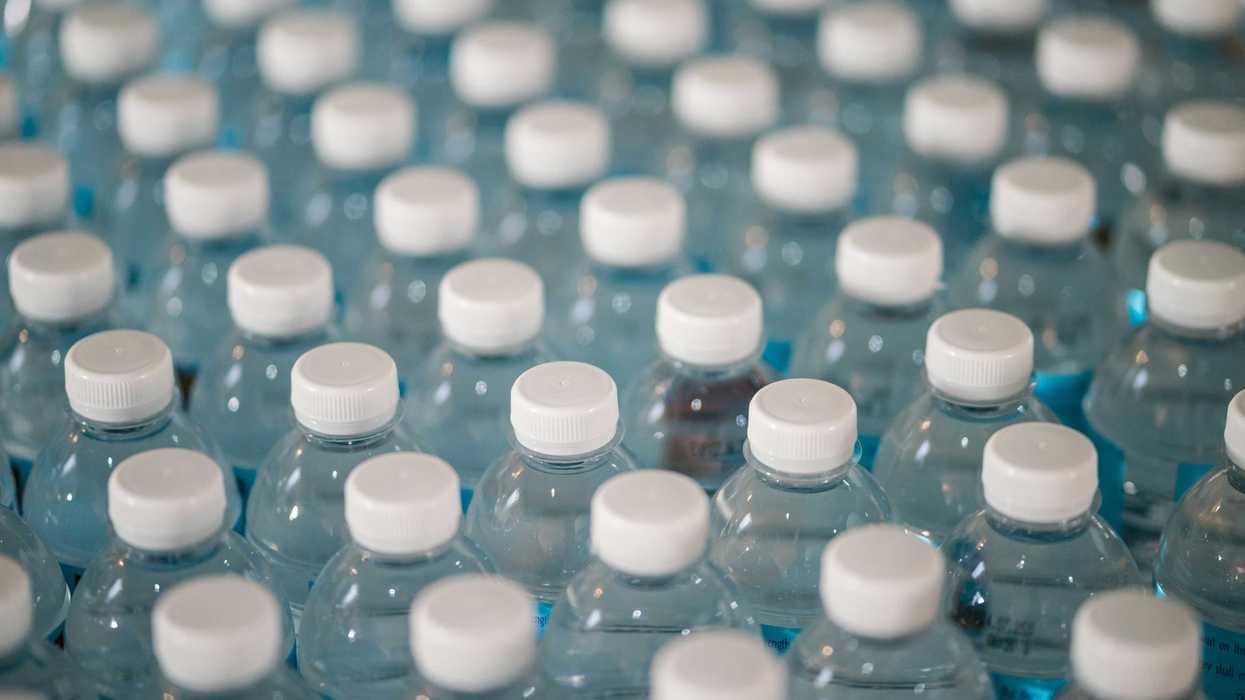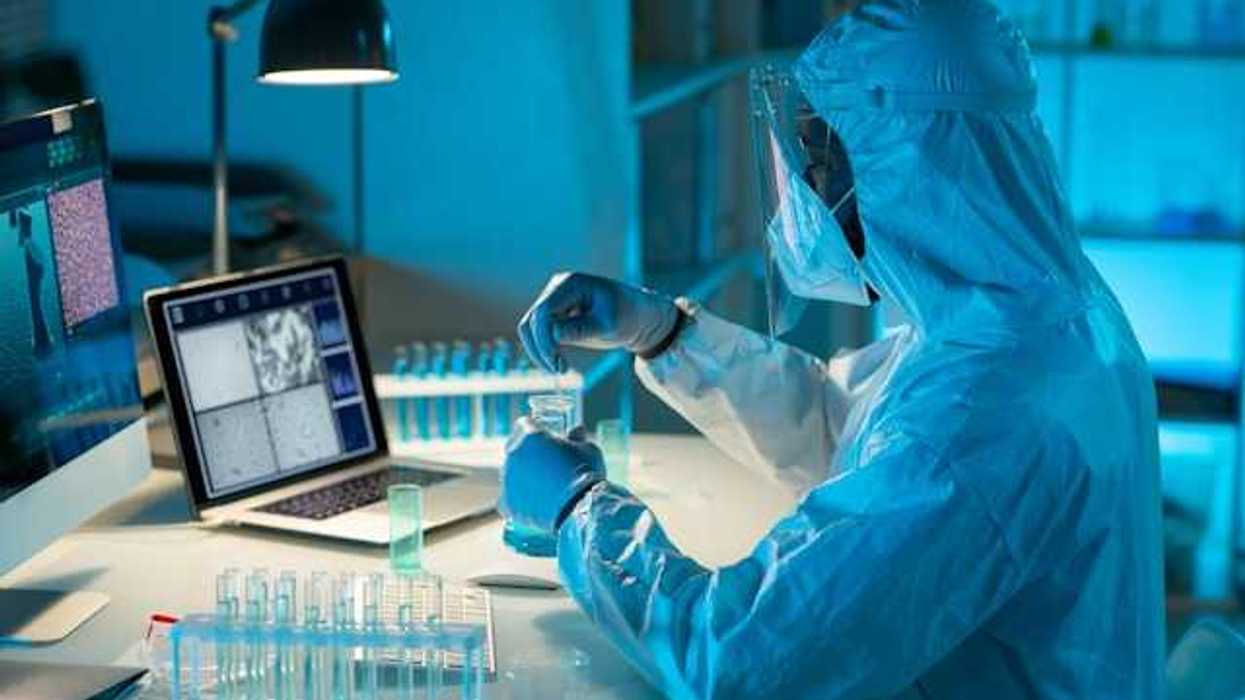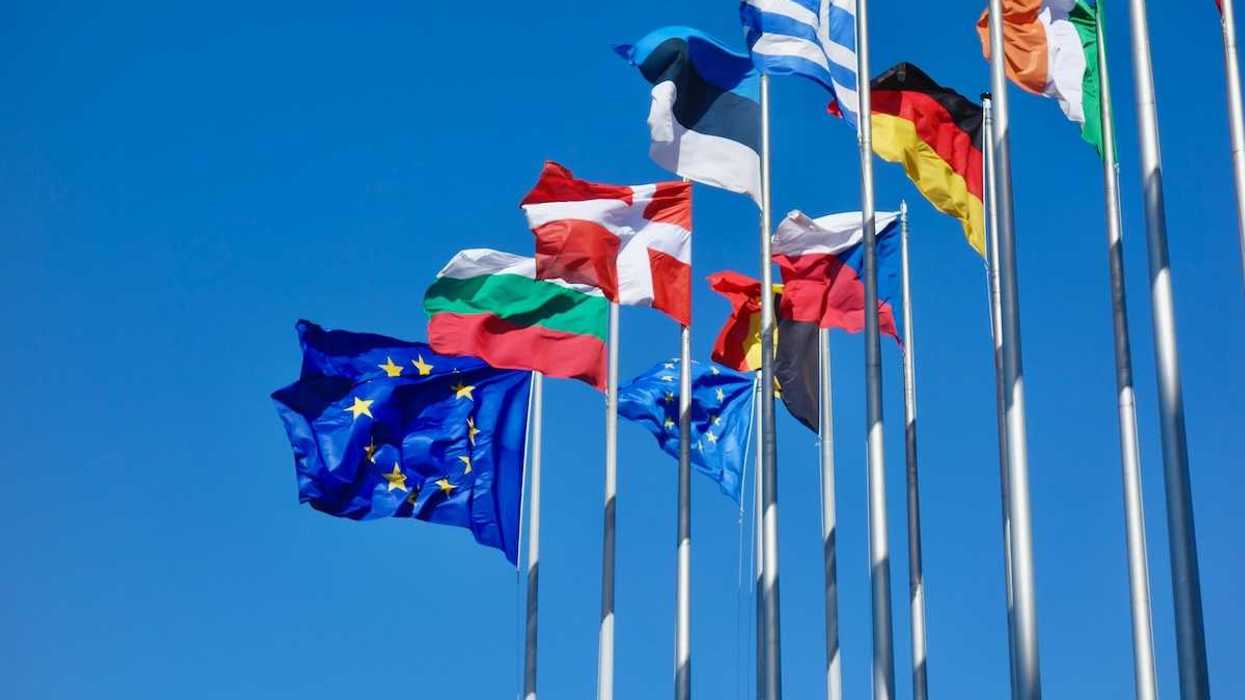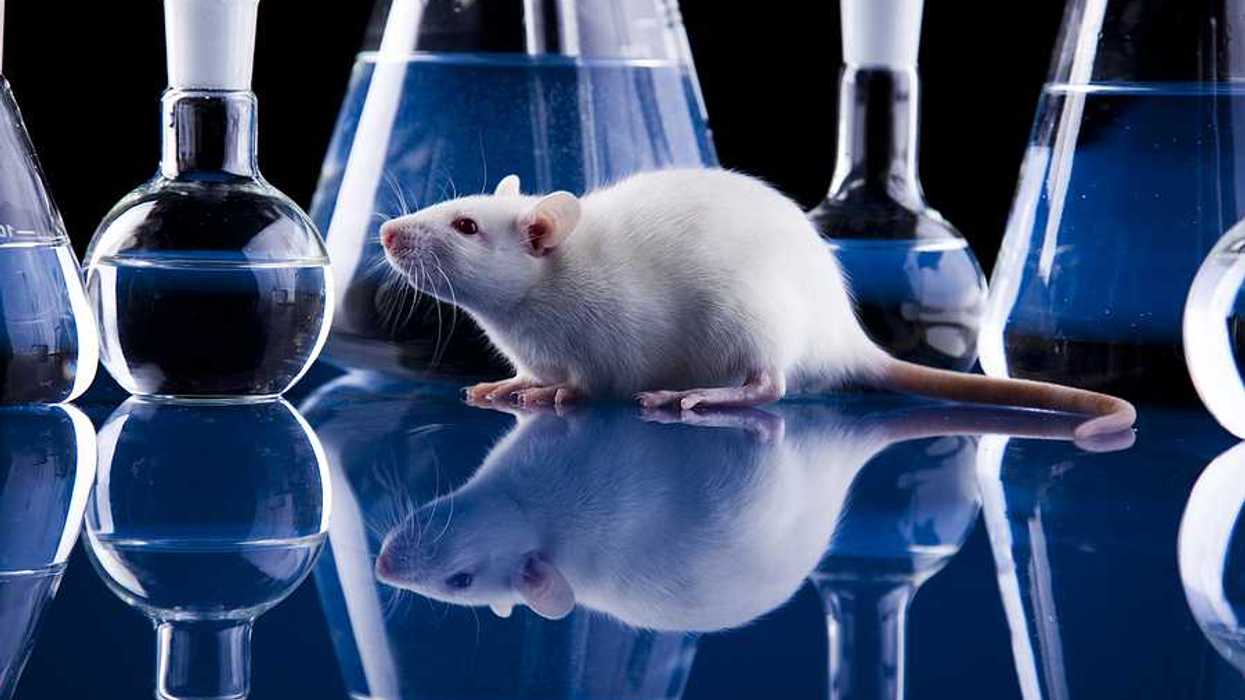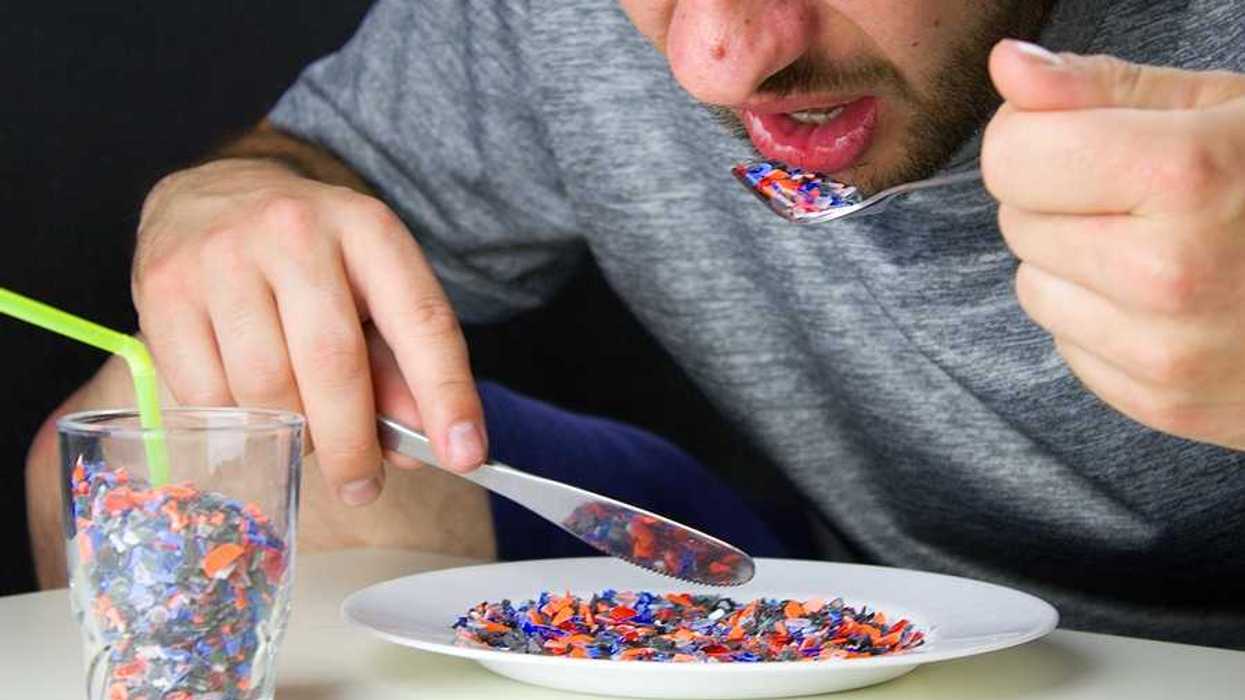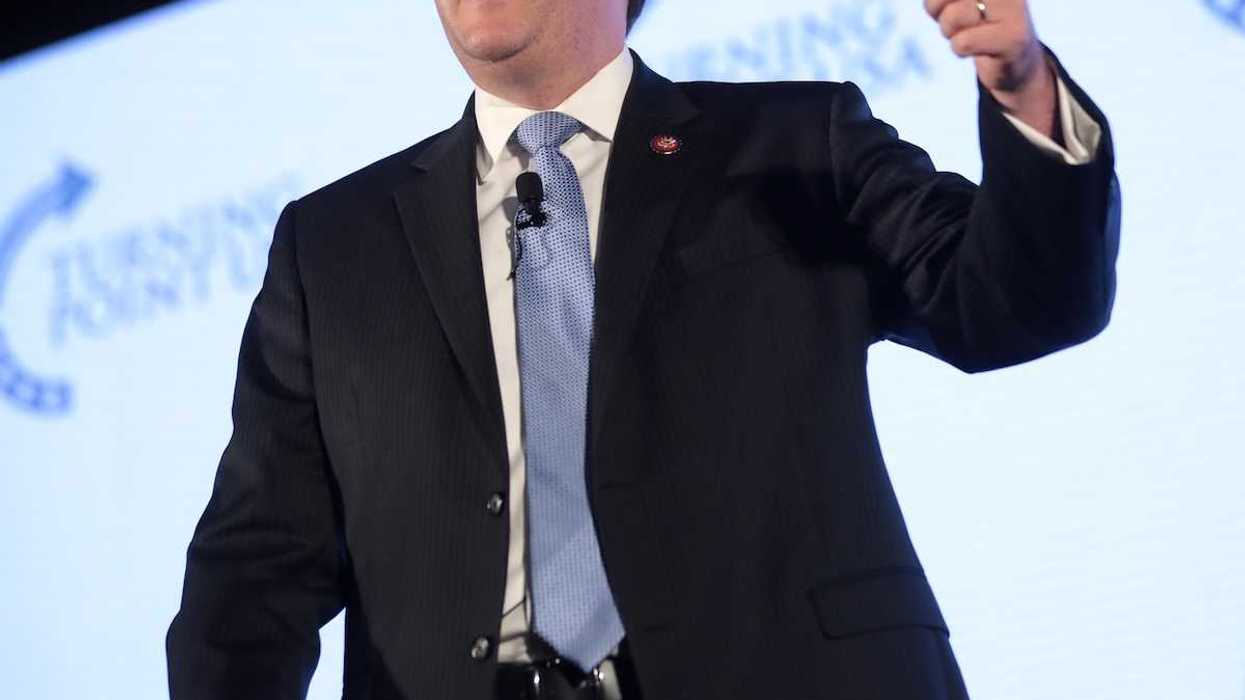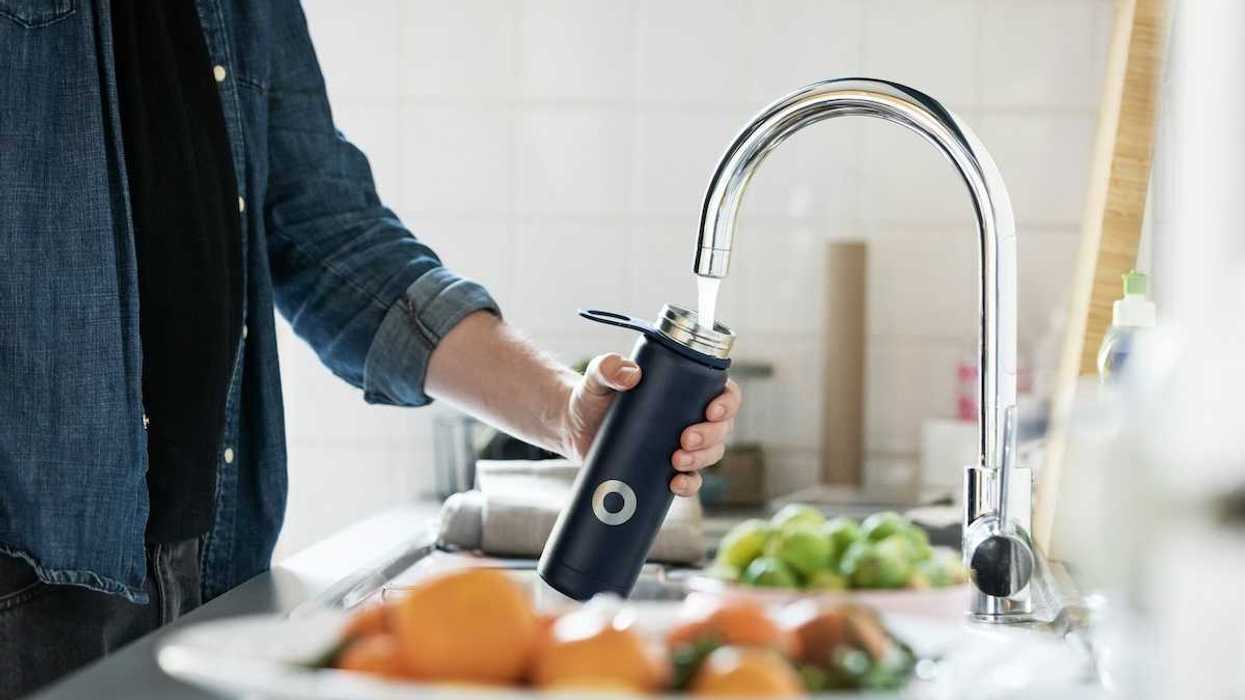Members of the Scientists’ Coalition for an Effective Plastics Treaty, over 70 of whom attended the 5th negotiation session for the UN Plastics Treaty (INC5) in November, argue in a new article published in Cambridge Prisms: Plastics that the treaty must address the full life cycle of plastics and include production reduction targets.
In short:
- Despite more than 100 countries joining the ambitious “Coalition of the Willing” in their call for a strong and binding treaty, consensus was not reached before the end of INC5 due to push-back from fossil fuel and petrochemical producing countries.
- The Scientists’ Coalition and other observers had few opportunities to access negotiation rooms.
- The authors call for a new financial mechanism to ensure fair implementation of the treaty.
Key quote:
“It is critical that the treaty negotiations continue to be informed by independent science, to better ensure that when consensus is reached we have a global approach leading to reduced negative impacts from plastics across their entire life cycle."
- Co-author Susanne Brander, PhD, Scientists’ Coalition steering committee member; Associate Professor, Oregon State University; Senior Scientist, Action Science Initiative, EHS
Why this matters:
In late November, international stakeholders met in Busan, Korea, in what was intended to be the final negotiating session of the United Nations’ global plastics treaty. Ultimately, the treaty text was not finalized during this session, and further negotiations are expected. The authors of this article note that “successful agreement to a global plastics treaty represents a once-in-a-lifetime opportunity to address the global plastics crisis.” While the venue and date for the next negotiation session are still to be determined, the Scientists’ Coalition will continue to provide independent science in support of a strong treaty.
Related EHN coverage:
- Op-ed: A stalled global plastic treaty threatens our future fertility
- “Plastic will overwhelm us:” Scientists say health should be the core of global plastic treaty
More resources
- The Scientists Coalition for an Effective Plastics Treaty
- WATCH: Plastics, Chemicals & Cancer: The role of the Global Plastics Treaty in preventing breast cancer webinar, sponsored by CHE-Alaska and available Feb. 27, 2025
Farrelly, Trisia et al. for Cambridge Prisms: Plastics. Feb. 3, 2025

